Racing moves off the back pages only when its opponents have bad news to gloat over. Two examples lately have been the disciplining of Irish jump jockey Davy Russell for striking a wayward horse, and the death of the Flat-racer Permian, trained in Yorkshire by Mark Johnston, after he broke a leg as he crossed the finishing line at Arlington Park in Illinois.
Already a subscriber? Log in
Subscribe for just $2 a week
Try a month of The Spectator Australia absolutely free and without commitment. Not only that but – if you choose to continue – you’ll pay just $2 a week for your first year.
- Unlimited access to spectator.com.au and app
- The weekly edition on the Spectator Australia app
- Spectator podcasts and newsletters
- Full access to spectator.co.uk
Or
Unlock this article
You might disagree with half of it, but you’ll enjoy reading all of it. Try your first month for free, then just $2 a week for the remainder of your first year.

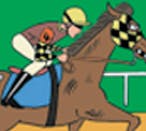

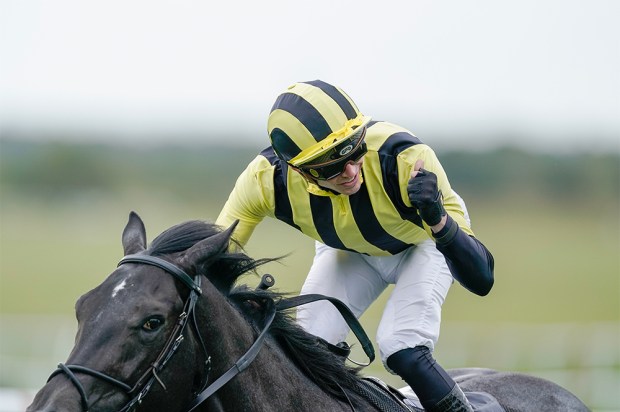
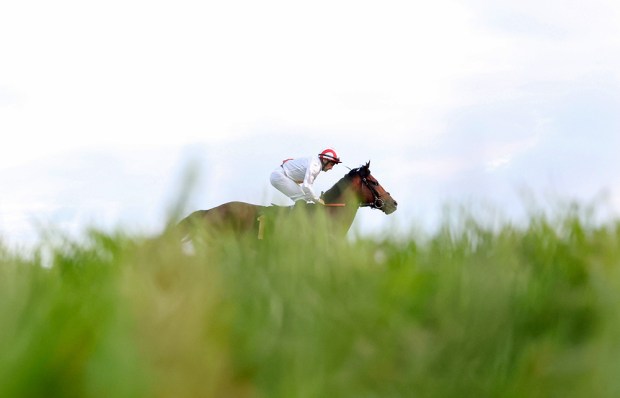
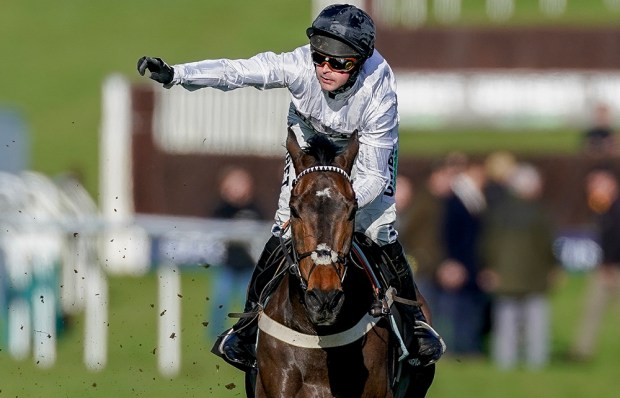
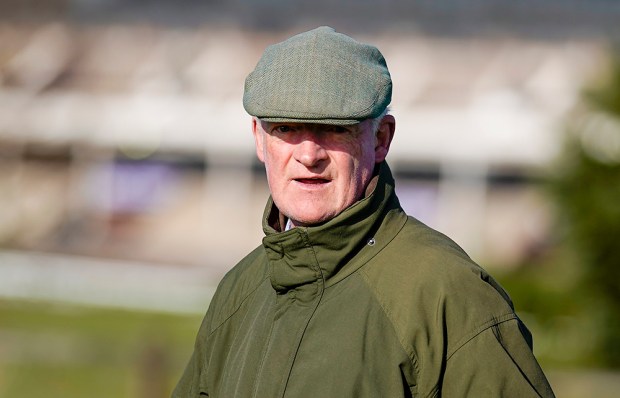
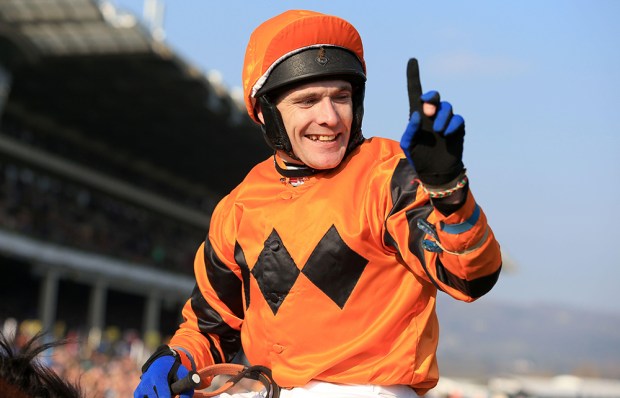
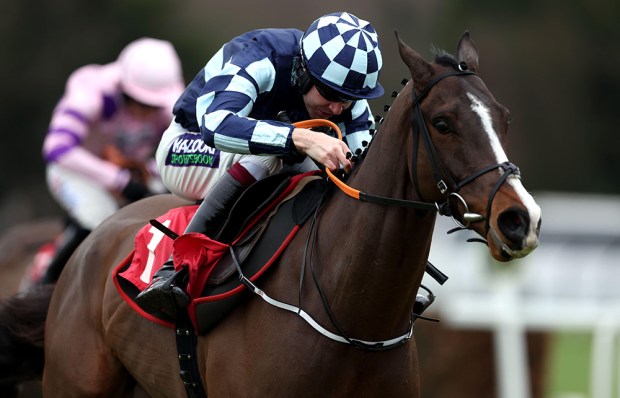






Comments
Don't miss out
Join the conversation with other Spectator Australia readers. Subscribe to leave a comment.
SUBSCRIBEAlready a subscriber? Log in